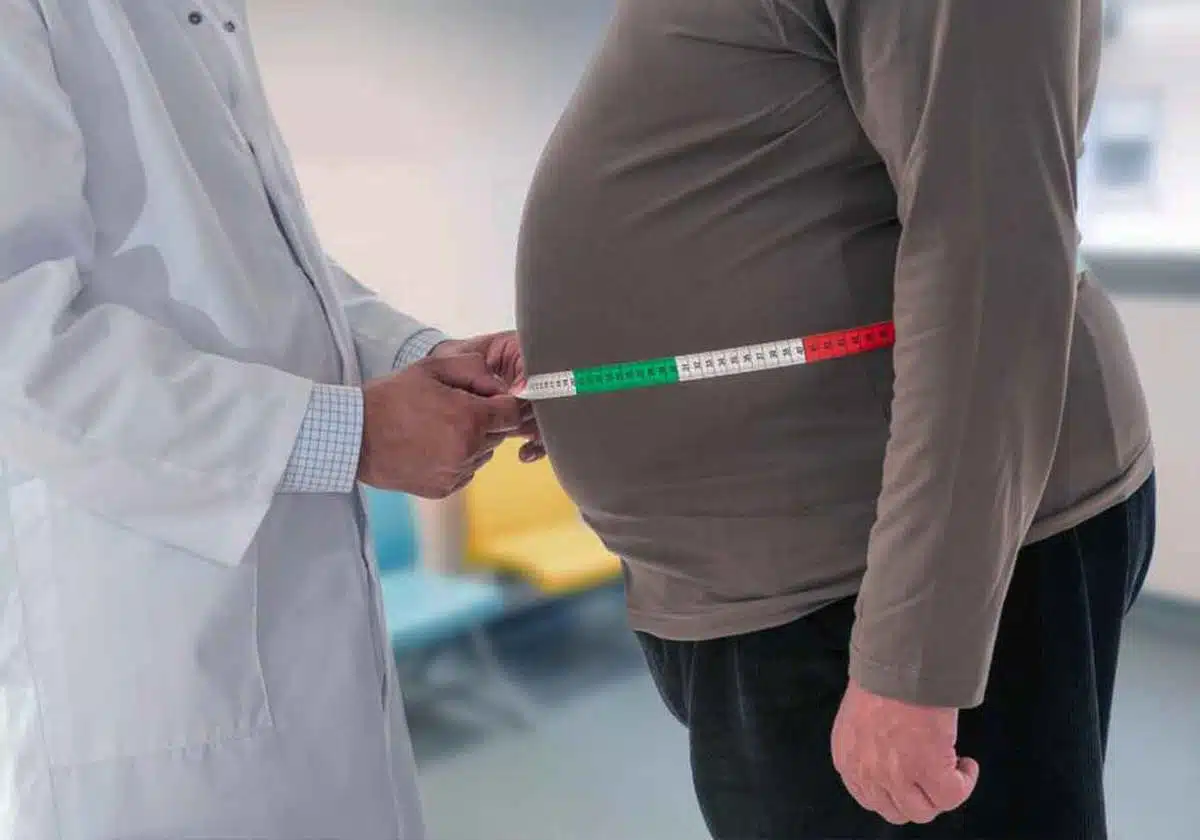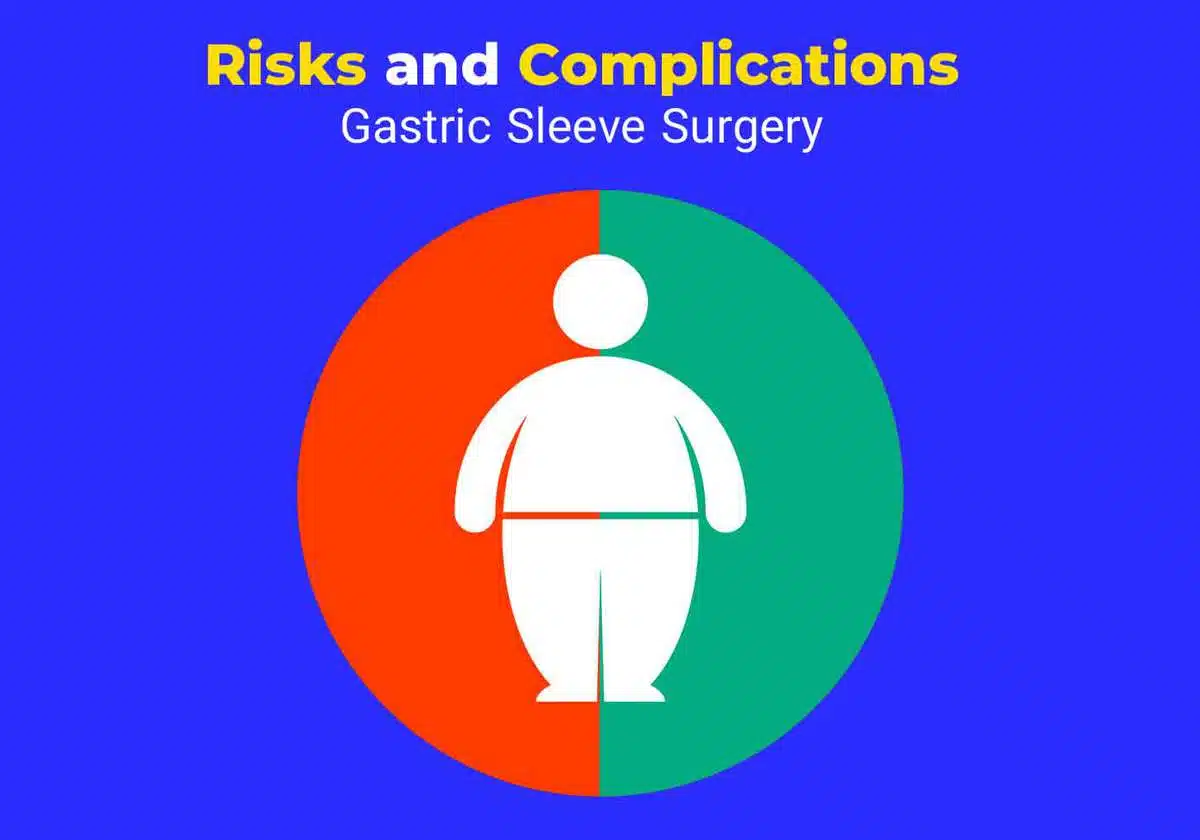What is the Gastric Sleeve?
Gastric sleeve or sleeve gastrectomy is the most common weight-loss surgery method. This procedure, which is minimally invasive, is typically done through a laparoscope with less pain and faster recovery. In this procedure, small instruments are inserted into the body through small incisions on the abdomen to remove 80% of the stomach size, leaving a banana-shaped stomach. The remaining part of the stomach will be a narrow tube called a sleeve. By decreasing the size of your stomach, the amount of food that you are able to consume will be limited. Moreover, the part of the stomach which releases hunger hormones is removed, which leads to having less appetite. By losing weight, the risks for weight-related diseases like hypertension or heart problems decrease.
Why Is It Done?
Gastric sleeve surgery is done to help you lose excess weight in order to decrease the risk of weight-related diseases. It is recommended to people who have tried other weight loss methods without receiving a long-term success. The potential risks of being obese are:
- Heart disease
- High blood pressure
- Type 2 diabetes
- Stroke
- High cholesterol
- Obstructive sleep apnea
- Joint pain
- Cancer
- Infertility
A gastric sleeve can be an option only after you have tried to lose weight through following a food diet and exercise habits.

Requirements for Gastric Sleeve Surgery Candidates
For being eligible for Gastric sleeve surgery, you must have certain requirements. These requirements are needed to make sure about the positive results of the surgery and a possible change in the patient’s lifestyle. Gastric sleeve surgery can be a good option for you if you have the following conditions:
- You are between 18 and 65 years old.
- Your body mass index (BMI) is 40 or higher (extreme obesity).
- Your BMI is 35 to 39.9 (obesity) and you have a serious weight-related health condition.
- You must be willing to make permanent changes to have a healthier lifestyle.
- You must be psychologically ready to go through major lifestyle changes since they could be stressful or cause unexpected reactions.
If you have the above condition, you may be an eligible candidate for the gastric sleeve procedure. However, you should have a consultation with one of the TebMedTourism surgeons to make sure you meet the requirements of this procedure and you are ready to do it. You may need to participate in a long-term plan that monitors your nutrition, lifestyle, and your health condition. Having the right attitude toward food, exercise and health are necessities for this surgery.
Click for more information: Candidate for gastric sleeve
What Happens During the Gastric Sleeve Surgery?
Before starting, you will receive general anesthesia. Your surgeon will use laparoscopy to perform this procedure. Then the surgeon makes small incisions in your abdomen. The laparoscope and small surgery tools will be inserted into the incisions. The surgeon uses a laparoscopic stapler to divide the stomach and make it look like a narrow vertical sleeve. The removed part of stomach will be taken out of body through the incisions. Your surgeon may test for any leaks in the incision area of the stomach.
After the surgery
This surgery will take about an hour and you will probably need to spend one night in the hospital. In 3 to 4 hours after the surgery, you should be able to walk around. When you get home, you can resume your daily activities like taking a shower and doing small household chores. Over the next few weeks, you can slowly increase your activities. You must have liquids for two weeks and add up solid foods in the ordered steps. It may take about 2 months until you could have a long-term diet. In general, people who have bariatric surgery, including gastric sleeve, have a higher life expectancy and increased life quality compared to those obese people who do not undergo this treatment.

Risks and Complications
The number of patients with major complications after gastric sleeve is very few. Still, every surgery may have some possible complications both in short term and long term. The risks are:
- Bleeding
- Infection
- Anesthesia risks
- Blood clots
- Heartburn
- Hernias
- Leaking from the staple line
- Acid reflux
- Dumping syndrome (in this syndrome, food passes too quickly through the digestive system causing nausea and diarrhea)
- Vomiting
- Malnutrition
- Low blood sugar (hypoglycemia)
- Gastrointestinal obstruction
You should know that this surgery is irreversible and you should consider all the pros and cons carefully to make your decision wisely. After the surgery, you need to take vitamin and mineral supplements and follow suitable dietary guidelines.
Is Gastric Sleeve Right for Me?
Gastric sleeve surgery may be recommended to you if:
- Your weight-loss goals are less than what might be recommended for gastric bypass.
- You have obesity-related problems like sleep apnea.
- You take certain medications that complicate other types of bariatric surgery.
After the sleeve surgery, you should make a long-term commitment to make lifestyle changes to maintain your results. Gastric sleeve surgery may reduce the size of your stomach but it can stretch out again to hold higher quantities of food. Therefore, the long-term success of this process depends on your commitment to maintain healthy habits. Your weight can also be associated with your mental health because some people tend to overeat when they feel stressed or face problems. To ensure the success of the surgery, you should postpone the surgery until these issues receive proper treatment. TebMedTourism team of doctors evaluates each candidate precisely and plans the best treatment according to the individual’s needs. You can consult with our physicians free of charge from all around the world to receive the best possible treatment at the lowest costs and in the most convenient ways. Do not hesitate to contact us now because if you have questions, we definitely have the answers!














